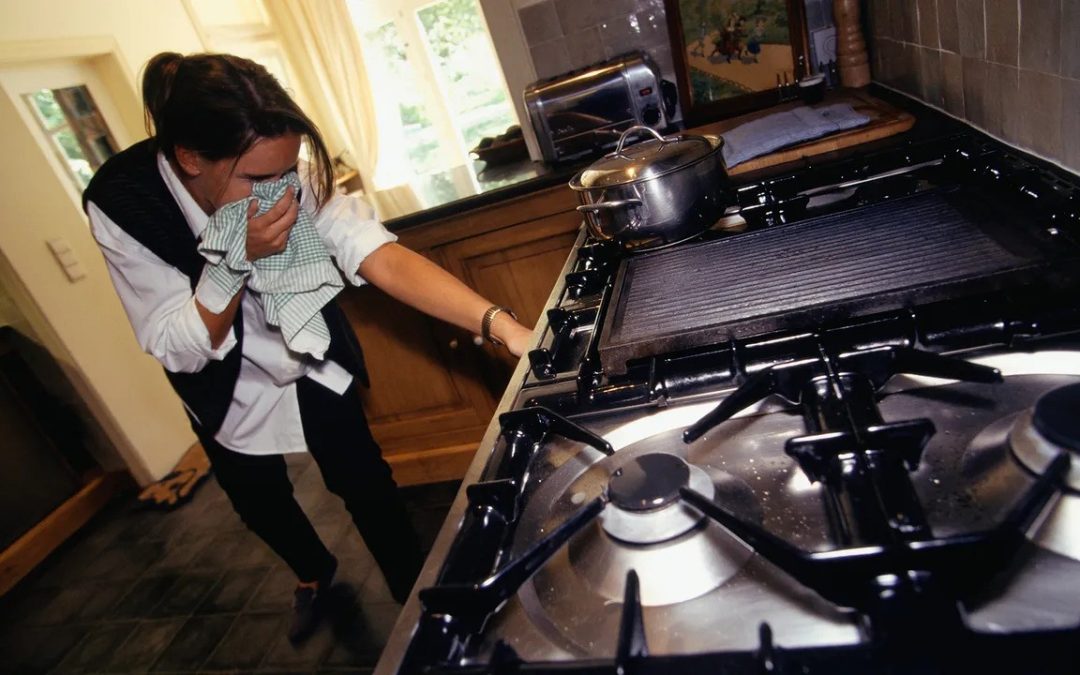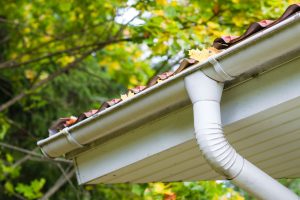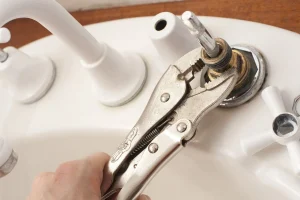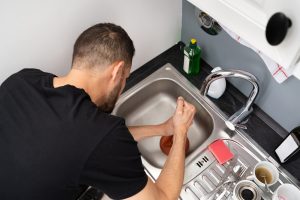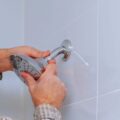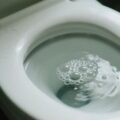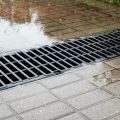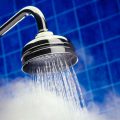Gas – it’s a convenient, reliable, and – almost always! – a safe part of many Aussie homes. But that doesn’t mean it doesn’t come with any risks at all. For example, imagine if you confirm a gas leak – what to do next?
- Sudden, rotten egg-like smell that wasn’t there before?
- Hearing faint hissing or whistling near gas appliances?
- Gas cooktop flames orange instead of blue?
- Anyone feeling dizzy, lightheaded, or nauseous?
- Plants around your meter or in the house suddenly dying?
Are you already detecting a strange smell in your kitchen or near your gas meter, or somewhere else and thinking ‘Wait a minute … is that gas?’ You’re definitely not alone. However, it can be quite hard to tell whether it’s something to worry about or it’s just a harmless odour.
The truth is, when it comes to gas, it’s always better to be cautious.
In our blog, we’ll cover how to tell if you’ve got a gas leak, and – more importantly and urgently – what to do if you confirm it. This includes:
- Steps for staying safe
- Calling the right professionals
- And some tips for prevention.
Already sure you’re dealing with a gas leak? Well, stop reading this right now and skip to our step-by-step ‘What to do’ section. Why? Because you’re already in the midst of a serious emergency, and every tick of the clock really matters now. For the rest of you, feel free to read on!:
How to confirm a gas leak emergency
Not sure whether that odd smell is a leak or just last night’s dinner, here are a few ways to confirm it’s really a problem:
1. The smell test
Gas is naturally odourless, but suppliers add a chemical called mercaptan to give it that distinctive rotten egg smell. If you detect this in or around your home – especially near gas appliances – take it extremely seriously.
2. Hissing sounds
A leaking gas pipe or appliance may emit a faint hissing or whistling sound, even when turned off. This can be especially noticeable near joints or regulators.
3. Dying plants
Indoor plants suddenly wilting? Grass turning brown around the gas meter? Gas can displace oxygen in the soil or air, suffocating nearby vegetation.
4. Bubbles in soapy water
If you suspect a gas leak in a pipe or connection, and it’s safe to be near it, try brushing the area with soapy water. If it bubbles, it’s a leak.
5. Symptoms of gas exposure
Feeling dizzy, lightheaded, or nauseous indoors? These can be signs of low-level gas exposure, especially when symptoms ease after leaving the house.
If any of the above sound familiar – don’t wait another second. Even small leaks can be extraordinarily dangerous.
What to do if you have a gas leak
A confirmed or strongly-suspected gas leak is a genuine emergency – and perhaps the biggest one of your life so far! Here’s what to do immediately and in exactly the right order:
1. Turn off the gas supply
Locate your gas meter and shut off the main valve. This cuts the gas supply to your home, reducing the risk of explosion or fire. If you’re not sure where this is, check your meter box or contact your provider.
2. Avoid flames and sparks
DO NOT:
- Light a match
- Turn on a stove
- Flick light switches
- Or use any electrical appliances.
Even the tiniest spark can ignite the gas leaking into the air.
3. Ventilate the area
Open all windows and doors to help clear the gas from your home. DON’T use fans or anything electric – just let natural airflow do the work.
4. Get everyone out
Evacuate all people and pets immediately, and move away from the house to a safe distance. Don’t re-enter until a licensed professional has cleared it as definitely safe.
5. Call for help
Once you’re at a safe distance, call your gas provider’s emergency line or a licensed plumber/gasfitter.
* IF THERE’S FIRE, CALL 000!
If you’re in Queensland and the issue involves a meter or main supply, your gas provider may need to attend before any gas leak repair can begin.
Tips: What you can do without a gasfitter
Gas fitting is legally regulated in Queensland. What does that mean? It means that just about all repair work must be carried out by a fully-licensed gasfitter.
However, there are a few small steps homeowners can take:
- If you’re handy, you can check (but not alter) visible connections on BBQs or portable heaters for looseness.
- If you’ve spotted a worn hose on a standalone appliance, you can replace the hose – just make sure you’re using a certified part.
- Install gas alarms, which are devices alert you to leaks before they become dangerous. Some models detect carbon monoxide too.
- For indoor appliances, make sure vents and flues aren’t blocked by dust or storage items.
But remember, anything involving permanent connections, indoor piping, appliance servicing, or installation is strictly off-limits unless you’re licensed. There are plenty of guides out there claiming to show you how to fix a gas leak, but unless you’re trained and certified, it’s not worth the risk – or the legal consequences.
Common causes of gas leaks
Understanding what causes leaks can help you prevent them. Some of the most common culprits include:
- Old or cracked rubber hoses
- Loose connections or fittings
- Corroded pipes
- Improper installation of appliances
- Unserviced heaters or cooktops.
It’s also worth noting that gas leaks don’t always come from inside the home – underground supply lines or outdoor appliances can leak too.
When to call a professional
Any time you’re unsure, smell gas, or hear suspicious sounds from your system, it’s always safest to call in a licensed gasfitter. They can isolate the issue, carry out a gas leak fix, and test the system for safety and compliance.
Here at Static Plumbing, we offer professional diagnosis, leak detection, and gas leak repair all across Brisbane Northside, Moreton Bay, and the Sunshine Coast. We’ll also check your full gas setup to prevent future leaks before they become a hazard.
Gas leak in the house? What to do next
There’s no such thing as a harmless gas leak – even a faint smell should be taken extremely seriously. So whether you’re smelling something odd or have already turned off the mains, the next step is to get a professional on-site – STAT!
At Static Plumbing, we’re fully-qualified, licensed, experienced – and ready to respond to any and all gas issues all across the region and beyond.
We’ll locate the source of the gas leakage, fix the problem, and make sure your home is safe – all with clear advice and no shortcuts. Reach out to Static Plumbing today for fast, expert, affordable help with gas leaks and more.

